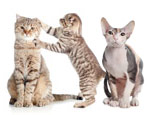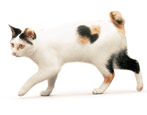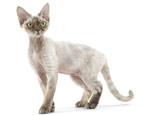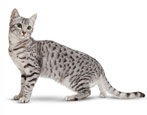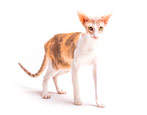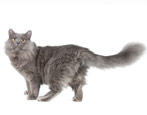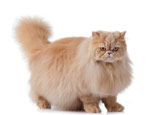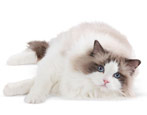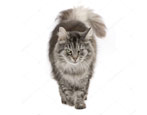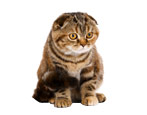What smells do cats dislike?
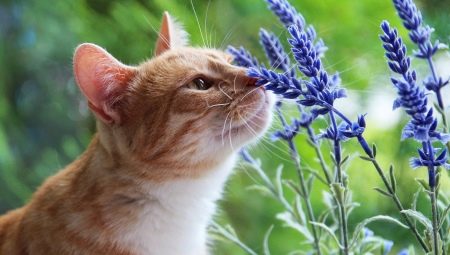
Pets that are close to a person every day should feel his care and love. Many people have cats at home, because they want to have an affectionate animal that will always be there. In order for cohabitation to be pleasant for both parties, it is important to prepare for the appearance of the cat, create a place for him to play and rest, and also exclude everything that may have an unpleasant odor that will irritate the animal. It is important to know what exactly this or that breed of cats does not like, or to be able to determine what is not to the liking of a particular animal.
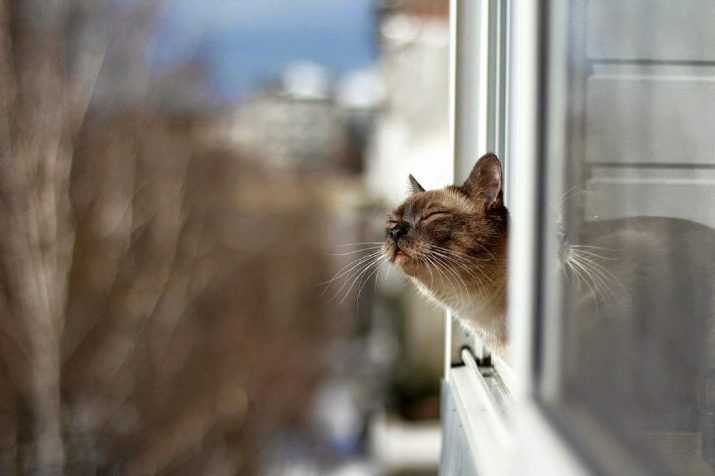
How do bad odors affect cats?
Like humans, cats have a preference for favorite and disliked odors. The former evoke positive emotions and give pleasant sensations, while the latter, on the contrary, irritate the cat and negatively affect its behavior.
Representatives of the feline family have a very developed sense of smell and smell well at a fairly large distance.
Already from the very birth, these animals first of all begin to distinguish what is near them precisely thanks to the nose, and only after that the development of other systems proceeds.
Cats have several favorite scents: this is the secret secreted by human sweat glands, which resemble feline pheromones during the mating period, as well as the scent of valerian. The presence of these smells in no way interferes with the owner and the pet's liking, but there are also opposite scents that the animal will not be delighted with.... If the cat suddenly begins to behave inappropriately, for no apparent reason, it is worth checking if there is something in the room that will smell bad for a fluffy animal. Among the most unpleasant aromas are plants, fruits, herbs and tinctures based on them. Cats also do not like the aroma of strong alcohol, which will scare away from the place where a person leaves it.
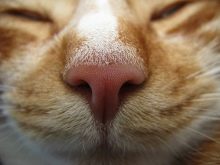


Knowing about those scents that the cat does not like is necessary in order to influence the pet's disobedience, caused by whims, and not some justified reasons. To disaccustom a cat to go to the toilet in the wrong place, you can rub this area with some essence that will scare the pet away, and leave a few drops of valerian in the tray to attract him to relieve himself in the right place.
Based on this knowledge, special sprays have been created that can be used to protect furniture and other areas that are not suitable for cat litter.
If conventional anti-disobedience measures fail, the chemical will work flawlessly. The smell of this product is very pungent and bitter and in cats that feel it, a reaction begins in the form of strong salivation, which causes discomfort in the domestic animal. The advantage of the spray is that it helps to neutralize the urine odor, and the normal odor is restored in the room.
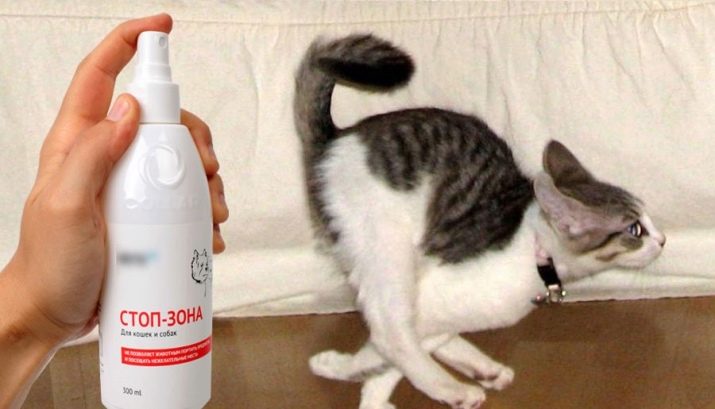
To determine what exactly is not to the liking of a pet's sense of smell, you can experiment by letting him smell different foods, spices, fruits, vegetables and objects that have a certain aroma. A good owner is engaged in raising his cat, teaching him not only the daily routine and the place to go to the toilet, but also other techniques. The ability to influence the animal and quickly correct its behavior allows you to get a pet that will delight its owner and live with him in absolute harmony.
Smells that a cat picks up on his nose can affect him in different ways:
- enhance or weaken sex drive;
- increase or suppress appetite;
- activate or muffle the instincts of the animal.
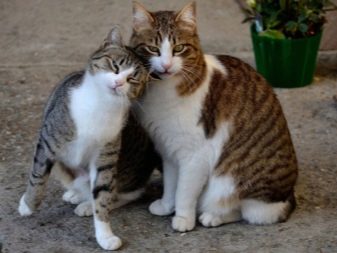
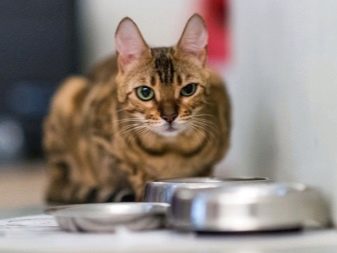
The use of strong scents must be justified and must not harm the pet's health. Too frequent behavioral correction exercises that involve the cat's nose can harm the animal, causing nervous system disorders, sleep and appetite problems. If you find at least some of the problems, it is worth postponing training and trying other methods.
Least favorite scents
Cats have a well-developed sense of smell, so the presence of any pungent odors will be unacceptable to them. Most of all, pets do not like citrus fruits, because, in addition to a pronounced smell, they have a specific fruity aroma.
That is why all aroma oils based on these tropical fruits are also disgusting for the pet.
There are animals that have radically different olfactory characteristics, and they like lemons with oranges, the smell of tobacco and similar options, so you need to observe the beast in order to establish what exactly he likes and what frightens and irritates.


Among the most disliked scents are the following.
- Citrus - lemon, orange, grapefruit, which can be used to wean a cat from a certain place or re-education. You can use citrus juice or leave the crust of these fruits in the problem area, which will provoke the cat's refusal to visit this area.
- Onion and garlic - you need to use any of the options in a chopped or grated form in order to maximize its smell. The cat will immediately sense that something is wrong and will stop visiting the site that the owner has marked. The effect will be quick, but there is also an important drawback in the form of a strong odor in the room, which may not be to the liking of the owner.
- Vinegar - is a very active substance that strongly affects the cat.Vinegar can be used both diluted and in natural form. It is important not to overdo it with quantity, because the cat will hear the scent even when the owner has already forgotten that he was using it.
- Essential oils - they are used by humans to activate certain systems of the body, and on a cat they have the opposite, inhibitory effect. Just a few drops will be enough for the cat to smell the unpleasant smell.
- Ruta oil Is a very strong agent that can cause allergic reactions and dermatitis in cats, so it is important to use it carefully and in small doses so as not to harm the pet.
- Various condiments - all varieties of pepper, rosemary, thyme and cloves, which are so fond of humans, have a very bad effect on cats. If used frequently, these spices can cause coughs and sneezes in your cat, exacerbating its health condition.



All strong-smelling products affect cats in different ways:
- cause a strong feeling of disgust;
- cause feelings of anxiety and stress;
- the pet develops a sense of fear.
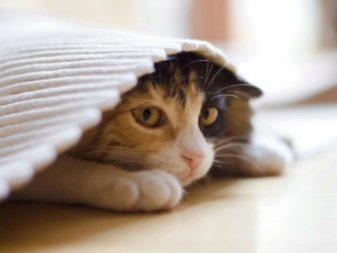
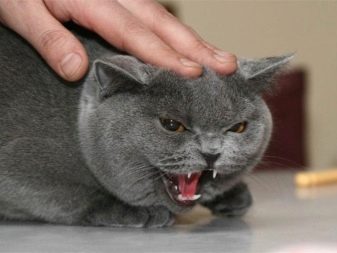
In each specific situation, it is necessary to carefully choose a product in order to get the right effect from its use. It is extremely important to use any scents in moderation and for a short period, because cats hear the presence of an unpleasant smell for a long time after a person stops capturing it.
How to use to scare away?
The need to use odors unpleasant for cats against them is due to a number of reasons, including:
- going to the toilet in the wrong place;
- excessive interest in indoor flowers with possible negative consequences for them;
- increased interest in human food;
- "Occupation" of a specific territory with attacks on those who enter or claim it.
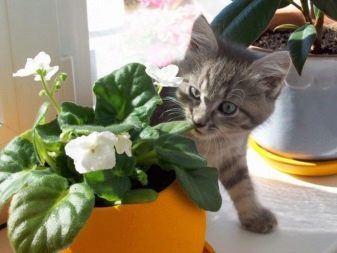

To get rid of the unpleasant urine smell that remains in the room after going to the toilet in the wrong place, you can use the following products.
- Vodka - it wipes all surfaces, which allows you to quickly eliminate the unpleasant cat smell, but another problem arises - the presence of a persistent alcoholic aroma, which can only be removed by prolonged ventilation.
- Potassium permanganate solution - This product should be concentrated enough to rid the house of unpleasant odors, but if the crystals do not completely dissolve in water, stains will remain from the substance, especially on fabric surfaces.
- Lemon juice - you can prepare it from water and lemon, or dilute the powdery composition. This product helps to remove unwanted odors and prevents the furry animal from repeating tricks in the same place.
- Vinegar solution - dilute with water in a ratio of 1: 3 and wipe down hard surfaces. If you need to apply to fabrics, it is better to use a spray bottle and remove excess moisture with paper napkins or towels.
- Soda - to get rid of the urine smell completely, you need to sprinkle the place of feline tricks with soda and fill it with hydrogen peroxide, leaving it there for a while. You can apply this procedure at night, and then wipe the contaminated area with high quality. It is undesirable to use this option on fabric surfaces, as streaks remain from the product.


In the event that the pets began to climb on the table or walk on the window with indoor flowers, it is necessary to immediately take measures to stop such actions. In the case of flowers, you can spread orange skins on the windowsill or add zest to the ground. A good deterrent will be the use of the feces of feline enemies - fox and coyote. If we are talking about a table, then here you can use perfume or essential oils, which are used to treat the surface. Alternatively, you can leave the moistened sponge on the surface.
Choosing one or another option to combat feline disobedience, it is worth initially trying all harmless methods of exposure and only after revealing their helplessness, try aromatherapy, which will cause strong negative reactions of the animal.
In some cases, it is possible to teach the pet to behave correctly, and in some cases the opposite effect is obtained, since the cat develops panic attacks and other disorders of consciousness that can harm others.


Another problematic situation that summer residents or those who have a garden may face is the excessive interest of their cat or other people's animals in the land. In cats, the garden is associated with a tray, so they can relieve their need there, doing it often, which is unlikely to please the owner. There are several tactics that can be used to deal with this problem.
- Fertilize and moisten the territory of the garden, which will discourage cats from traveling on it, and even more so to go to the toilet there, because they are clean animals and will not climb into the mud.
- It is worth inspecting the territory for places, through which cats enter the garden and eliminate them. If none were found, it is worth making a small ravine near the fence and filling it with gravel, which cats do not like very much.
- If you can't fight animals, then you can allocate a certain area for them, where they will spend time without spoiling the harvest in the remaining beds. To achieve this result, it is worth fencing off a small area, covering it with sand and sprinkling with a small amount of valerian, which will immediately attract animals and distract from the rest of the territory.
- To scare away unwanted guests you can plant those plants that emit an unpleasant and pungent aroma. This is bitter pepper or dog coleus.



Any fight against antics should be moderate, without kinks and harm to animals, so you should be as careful as possible in choosing means to scare away cats in each case.
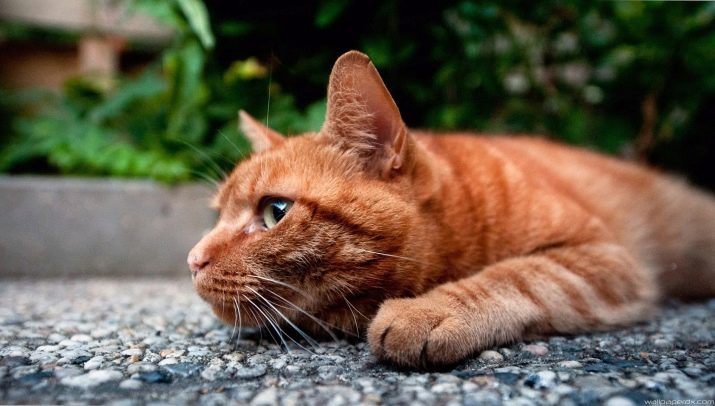
Precautionary measures
Before starting educational activities to wean a cat from some bad habit, you should think carefully about the choice of the method of influence. The age of the animal, its sex, character and behavior - all this should be taken into account when choosing. Initially, it is worth using the mildest tactics and looking at the behavior of the animal. For some pets, even such restrictions will be global, and they will stop being naughty, while for others, much more serious options will be required.
If a decision has been made to combat misbehavior with strong odors, you need to make sure that the cat is completely healthy and does not have allergic reactions to the particular fragrance that is selected for use.
The second, no less important factor is the health of the host. Do not forget that a person may also develop an allergy to strong odors, and instead of training a pet, you can seriously ruin your own health.
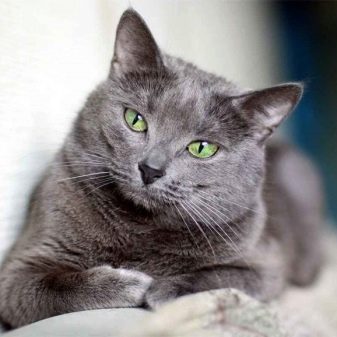

If a means of influence that is acceptable to everyone is found, you need to start using it with the smallest dosages and leave it for a short time, then clean it up and carry out high-quality wet cleaning. The use of smells does not bring satisfaction to the animal, it irritates him and causes discomfort, so you should not torment your pet for a long time.
As soon as there is progress in training, it is worth stopping the use of fragrances and praising the pet for good behavior. If the negative situation repeats itself, it is worth repeating the method until the moment when it begins to bring positive results. In the event that the pet shows any signs of allergy or abnormal behavior, any experiments should be stopped and shown to the veterinarian.
You will learn about which odors affect cats more effectively from the video.
